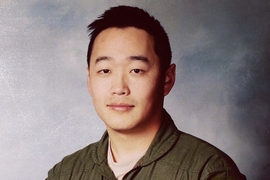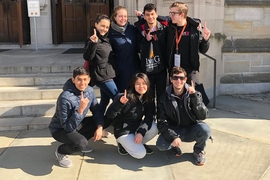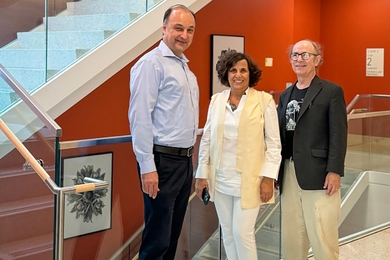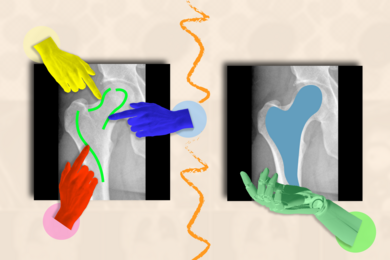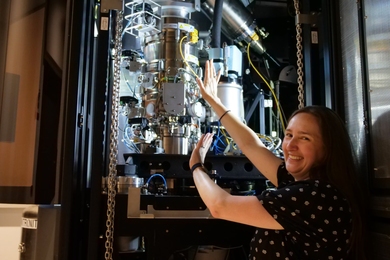The Small Town and Rural Student College Network (STARS College Network) is a coalition of 16 colleges across the U.S. who are collaborating on efforts to engage, support, and build pathways to college for students from small-town and rural America, including Native American students, by providing them with access to a wide variety of precollege programming and ongoing support in their college search process. STARS is also teaming up with Khan Academy and the affiliated nonprofit tutoring platform Schoolhouse to offer a free, online math curriculum and peer tutoring for students in small towns and rural communities, leading to certification of mastery in calculus — an important credential for admission to more selective colleges and universities that is not available from all high schools.
In this Q&A, Stuart Schmill, MIT’s dean of admissions and student financial services, describes the program and MIT’s involvement.
Q: Why is MIT involved in the STARS College Network?
A: I’m proud and excited that MIT is a member of this network, and grateful that the first four years was made possible by a philanthropic gift by Trott Family Philanthropies, the foundation of Byron and Tina Trott. We believe that it is crucial to educate people from every walk of life, and we’ve made it our mission to enroll an undergraduate student body that is exceptionally diverse. A diverse student body is foundational to the educational mission of MIT.
Q: Why the focus specifically on small-town and rural students?
A: Students from small towns and rural communities face unique obstacles to attending college. Many rural high schools often don’t have college counselors, and students, many of whom are also the first in their generation to attend college, may have less access to information about college opportunities. Importantly, these students often think they can’t afford college. Many of them don’t have the resources to help them fill out the FAFSA, or understand the financial aid that’s available to them at places like MIT. All of these factors isolate students in small towns and rural communities from the full range of possibilities offered by our nation’s higher education system.
At MIT, we have been working hard on our own to find new ways to open our doors to students from rural and small-town communities — it’s central to our mission of creating a student body that brings together a diversity of backgrounds and perspectives. Increased enrollment of students from underrepresented parts of the country will also help us achieve diversity in more traditional metrics, such as first-generation and low-income students. An estimated one-third of students from rural and small-town America are people of color. Participation in the network will allow us to expand our reach and communicate with many more students.
Q: STARS College Network member schools are each developing their own programs. What does MIT have planned?
A: Our plan is to conduct targeted outreach designed to ensure that rural students know that MIT, and universities like MIT, are welcoming and appropriate places for them to consider for their college years. We will hire a staff member to design and execute a program to engage rural students across the United States. We will develop a fall fly-in program and hire student ambassadors who can speak to the experience of being a rural student at MIT. Our office will also participate in official STARS Network activities to help boost the college attendance rates for all rural students in our network. For us, it is about not just expanding enrollments of rural students to MIT, but helping students from rural areas understand their options and make well-considered choices for their post-high school lives.


